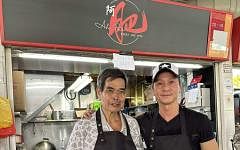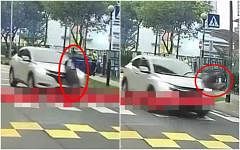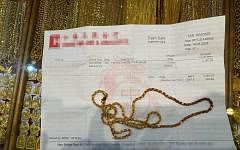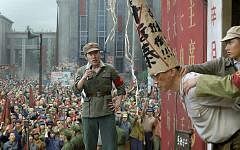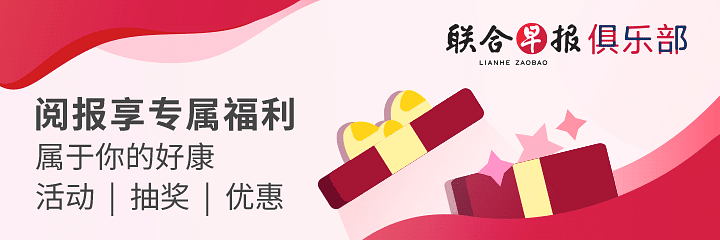HONG KONG, BLOOMBERG -- While Hong Kongers suffer through the world’s least affordable property market, their government is enjoying the flip-side of the real-estate and stock-market boom: One of the biggest fiscal surpluses anywhere.
When the territory’s budget is unveiled this Wednesday, Chief Executive Carrie Lam and Financial Secretary Paul Chan may have as much as HK$168 billion ($21.5 billion) left over from the 2017-2018 fiscal year to play with, according to an estimate by accountancy firm PwC. That’s 10 times the original government forecast of HK$16.3 billion, thanks to higher than expected revenue from land sales, profits tax and stamp duty, PwC said.
On a quarterly basis, the budget surplus hit 8.6 percent of gross domestic product in the third quarter of 2017, the highest since at least 1999, Bloomberg data show. If carried through for the full fiscal year even close to that level, Hong Kong’s surplus would stand among the biggest of any developed economy, according to Organization for Economic Co-operation and Development data.
With Hong Kong now comparable to New York in terms of income inequality, and amid persistent worries that the city’s role as a financial center is being eclipsed by the likes of Shenzhen or Shanghai, news of bumper fiscal takings is likely to prompt a barrage of calls on how to spend them.
Lam has hinted that the first budget under her leadership would include more "daring" spending.
“They can use policy buffers to support growth in the long run,” Mahamoud Islam, an economist at Euler Hermes, said in a phone interview. The windfall provides an opportunity to invest with an eye towards a more difficult global economic outlook potentially as soon as 2019, he said.
Islam suggests the most immediate investments are in boosting research and development activity. The city should position itself as a source of professional talent for China’s Belt and Road Initiative, encouraging education programs that nurture more architects, engineers, consultants and other commercial services providers, he said.
The windfall should benefit some taxpayers too. PwC proposes widening salaries tax brackets and increasing deductions for child allowance by as much as 20 percent. The government could consider waiving stamp duty for first-time, local home buyers for purchases under HK$6 million, according to The Taxation Institute of Hong Kong.
No Cash Handouts
Speaking to reporters Feb. 17, Chan cautioned that while there will be a “high level of surplus” it may not be as large as analysts have predicted. He also disagreed with one-off cash handouts, such as have been made in Macau, Singapore -- and in Hong Kong, where residents received a HK$6,000 sweetener announced in 2011.
“Part of it may not be recurrent, so we have to be very careful,” Chan said. “As to long term requirements, innovation and technology is one sector we would give serious consideration because this will help across-the-board many industries in enhancing their competitiveness.”
Chan noted the surplus will be needed to address the city’s aging population, particularly related to health care and elderly homes. Short-term rebates will be considered on a targeted basis, he said.
The financial secretary added that Hong Kong’s tax regime -- such as a 15 percent standard salaries tax rate -- is already competitive and he will not consider any across-the-board tax cuts, while targeted tax measures to help certain industries are on the table.
“The philosophy has always been on the prudent side,” Euler Hermes’ Islam said.

